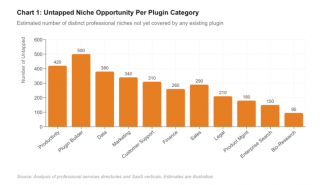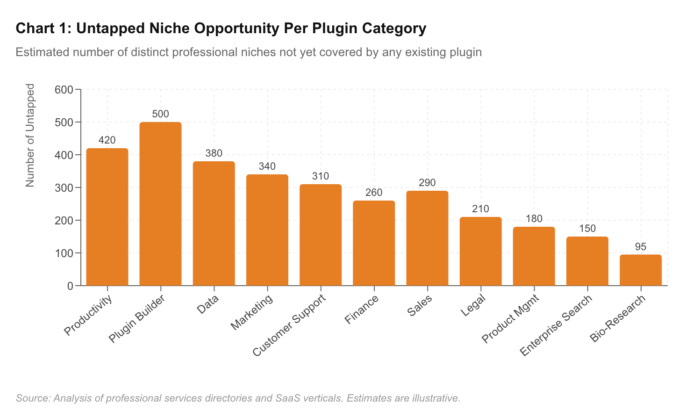7 million workers may soon be eligible for additional sick pay, according to recently disclosed information.
Labour is getting ready to propose a groundbreaking Workers Rights Bill.

Labour's highly anticipated Worker's Rights Bill is on its way to parliament this week, bringing with it a series of changes that could greatly impact the lives of workers across the country. This new bill aims to strengthen sick pay, maternity leave, and protection against unfair dismissal, promising to deliver a "once-in-a-generation" overhaul of worker's rights within the first 100 days of the new government's term.
Under the current rules, most workers are only eligible for sick pay after the fourth day of their illness. However, the proposed changes would extend this to the first day of sickness, providing much-needed support for over seven million people. Additionally, probation periods, which can currently last up to two years, are expected to be shortened to just six months.
The bill also includes measures to improve maternity leave, with women now being able to apply for pay from their first day of work instead of waiting for six months. Furthermore, the government has pledged to protect new mothers from being unfairly dismissed. The Trades Union Congress has welcomed these changes, stating that this is a crucial first step towards improving job quality in the country.
However, the bill has faced some criticism for omitting a "right to switch off" provision, which would have prohibited employers from contacting workers outside of working hours without their consent. This decision has been met with disappointment from some, with concerns that the government is giving in to pressure from corporate and business interests.
Minesh Patel, associate director of mental health charity Mind, believes that this bill could be a step in the right direction towards making work more beneficial for employees and boosting incomes and living standards. He hopes that the government will also consider reforms to statutory sick pay, particularly for those with mental health issues, to provide a safety net for workers.
Thomas Hamilton-Shaw, Policy Manager at disability equality charity Scope, stresses the importance of making it easier for disabled people to enter and stay in the workforce. He believes that the bill must address the current issues with sick pay, such as the low rate and lack of flexibility, which often force disabled individuals out of their jobs.
A government source has stated that their goal is to create a fairer and more secure working environment, which will ultimately lead to economic growth. They believe that providing sick pay to those who need it is crucial in achieving this mission. With the bill set to be introduced in parliament, the government is hopeful that these changes will benefit workers and businesses alike.
13 Views










